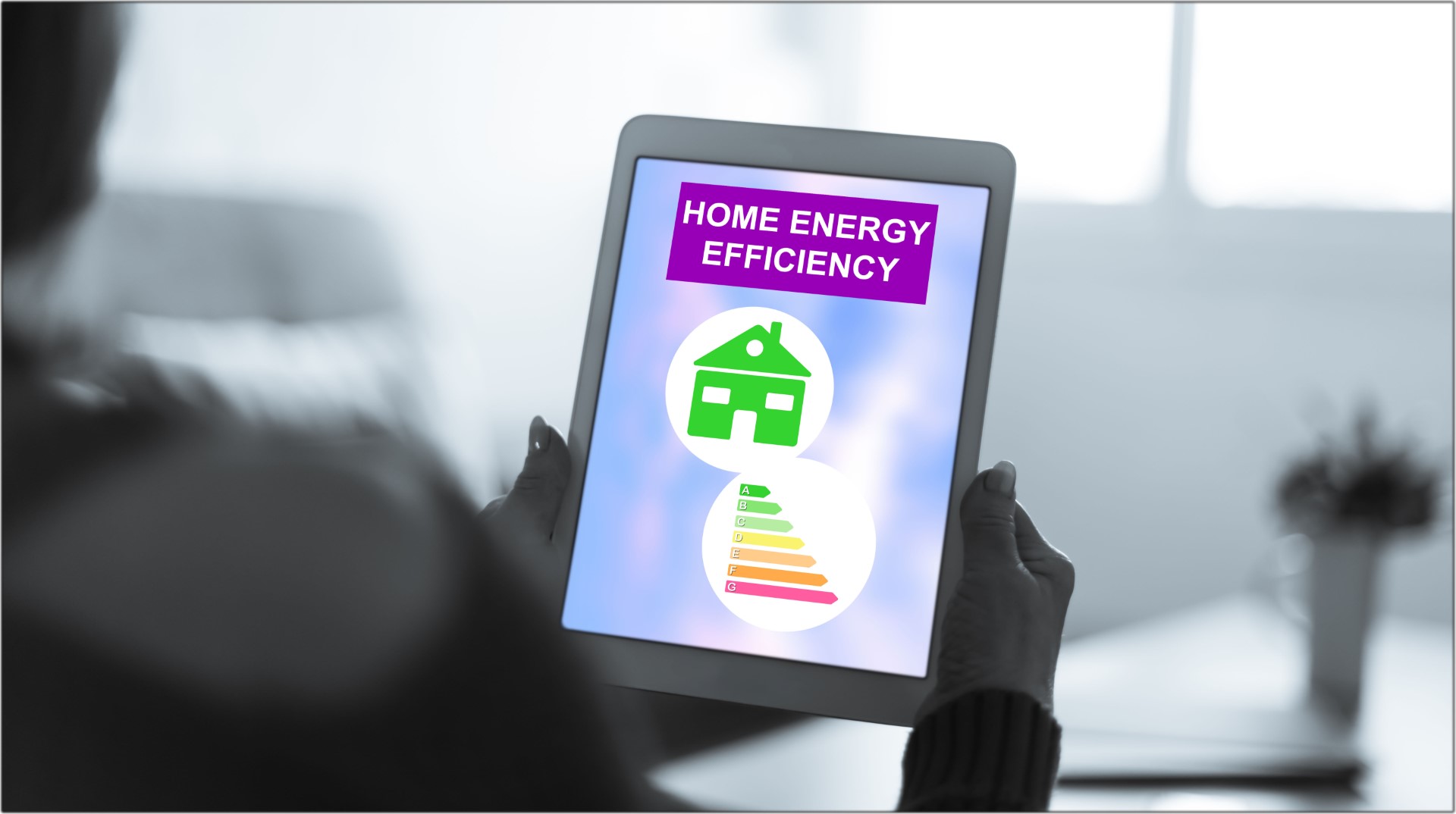How to Improve Efficiency and Eco-Consciousness in Your Sectional Title Scheme
Over the course of 2023, water rates have gone up by 10% across South Africa. In the Western Cape specifically, electricity rates have increased by a whopping 17%.
For many years, the idea of being more sustainable, more eco-friendly, or more “green” has frequently been derided by some as little more than an ideal. As a way of life to be practiced and pursued by those who have the luxury to do so.
After all, how on earth will it ever be practical to replace all our coal power with wind farms? How can we expect a country already wracked with power outages to undergo such a radical and risky shift?
However, it is precisely because we have these shortages, because residences across the country are struggling with water and electricity, that we need to re-examine how we’re using these resources.
When Trustees are first approached with the idea of making their Scheme more environmentally friendly, it’s natural for them to balk. In the same way that replacing coal plants with wind turbines would be a major and expensive upheaval, so are the other things they’re likely imagining when they hear the word “green”.
But turning your Scheme more sustainable doesn’t have to be so scary or expensive. In fact, eco-conscious decision-making can be used to save money.
Here’s how.
Get Everyone on Board
Part of making a Scheme more sustainable is in updating the infrastructure. The other part is in the mindset. Not everyone in the Body Corporate will necessarily care about the idea of going green, but practically everyone there will be interested in saving money or investing in a higher quality of life.
Be sure to emphasize these aspects when introducing eco-oriented ideas, and make sure any ideas you put forward hold true to those promises. This way, the Scheme can keep its changes grounded and down-to-earth.
This is all extremely important as, before a Trustee can make improvements to common property, even “necessary” improvements, they need to give their Scheme’s residents 30 days to object and/ or call a meeting (see Rule 29 of the STSMA). If either of those two things happen within that period, the improvements cannot happen unless a special resolution is passed in the resulting meeting.
Make sure your residents understand the goals and intentions behind your initiative before you start proposing changes based on it. This way potential objections can be addressed early on, and improvements are more likely to proceed uninterrupted.
That said, when should this first talk even happen?
To answer that, we need to remember that Rule 22 of the STSMA requires all Schemes to have a maintenance plan for their common property, stretching at least a decade into the future.
Updating infrastructure will require the Body Corporate to first update this plan, so you’ll likely first propose eco-friendly changes during any meeting that has maintenance on its agenda.
Of course, while the infrastructural side might need to wait a bit because of this, you can start working on the mindset front at any time.
Alert residents to the benefits of making alterations for sustainability. Write to your Trustees about it if you aren’t one yourself. Talk to other community members. Consider how you could push for media on sustainable living in your Scheme’s newsletter, social media page, or any other location that residents are likely to view.
Again, keep it practical, humane, and down-to-earth. Then, whether in a maintenance meeting or an appropriate special meeting, you could proceed to…
Encourage Home Renovations
Ageing or outdated infrastructure can have a profound effect on a unit’s consumption efficiency. For example, old lights — particularly halogen or incandescent lights — are going to chow through electricity and rack up costs through relatively constant replacement.
As a contrast, both LED and CFL lightbulbs are great energy-saving choices, which will be appreciated by any resident who wants to cut down on their electric bill. Between the two, LEDs are more expensive up-front, but last ten years longer and save more electricity, making them the better choice in the long run.
Trustees are relatively free (after the 30-day notice they must give) to replace the bulbs of all lights on common property, but replacing the bulbs on private property will be down to the residents themselves.
If residents do not have the time or energy spare to do the replacements themselves, consider a resolution to allow the Body Corporate’s Trustees to cover the costs and provide the labour for installing the bulbs the first time in exchange for a special levy. This will save everyone a lot of money in the long run.
Of course, power isn’t the only utility that can be made more efficient. If you’re a Trustee, make it as easy as possible for residents to have their plumbing and water systems renovated and maintained. If your Scheme’s rules create a lot of red tape in this area, then the repairs are much less likely to happen, and the drops of water wasted by leaky faucets in each unit will soon turn to gallons.
Renovations that cut down water costs further include:
- These are especially good for maintaining common gardens more cheaply.
- Rainwater tanks. Any residence with a roof gutter and a garden can benefit from installing one of these. The especially conscientious can even use this stored water to top up their pool, wash their car, flush the toilet, or launder their clothes.
- Drought-resistant indigenous plants. Fynbos is one example. Succulents are frequently another. This isn’t a call to uproot already established plants, but rather for the community to consider what is being grown on common ground, or even in their own gardens if they’re so inclined.
- Automated irrigation systems. Set these to work in the early morning or late evening, where the cool temperatures allow even greater water efficiency.
Top tip: don’t forget to hold utility audits! Both water and energy audits help you track how the utilities in your Scheme are being distributed and used. They will also help you identify where needless waste is occurring, as well as what can be done to reduce that waste and improve efficiency.
Engage the Community
This final step may require your Scheme to first increase transparency, or for you to establish a few more meaningful connections with your neighbours. The truth, however, is that running a Sectional Title Scheme is hard. If you’re a Trustee trying to spearhead a green initiative, you may find it tiring to do it all on your own. Your Managing Agent may feel likewise.
Luckily, there are many potential ways the community can band together and help here:
- Create a gardening and landscaping committee.
Empowered to act by the Scheme’s Trustees, this committee would be formed from the Scheme’s residents on a voluntary basis and would be dedicated to the preparation and maintenance of any gardens or other spaces plants may live in. Give members on this team room to play with the aesthetics of plant life, and they’ll put their passion into maintaining what they cultivate. A good garden will encourage biodiversity.
- Get a building committee in there too!
If residents are struggling to improve their homes on their own, yet letting the Trustees take a levy to handle it isn’t an option, empowering this committee can be a great way to help residents help each other in auditing, repairing, and improving their utilities in a responsible manner.
- Encourage carpooling.
Host a meeting or social event dedicated to everyone talking about their careers, including where they work. If enough people work similar hours in roughly the same area, encourage carpooling. This can vastly cut down on fuel costs. Although it won’t save the Scheme money per se, it will save residents a fair amount and give them more chances to befriend one another.
Conclusion
In short, there are many non-intrusive, cost-saving ways to lead your Sectional Title Scheme into a more sustainable standard of living. While renovations are never without their notice periods, you can always consult with property management specialists to smooth things out and avoid potential hiccups.
To contact ANGOR with any questions, or for financial and property management advice, please go to: https://www.angor.co.za/
What is the Maintenance, repair and replacement plan (10 year plan)?
Ageing Infrastructure: How Good Maintenance Builds a Better Community Scheme

